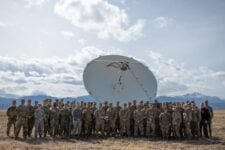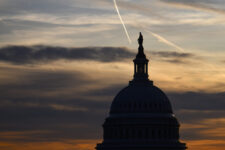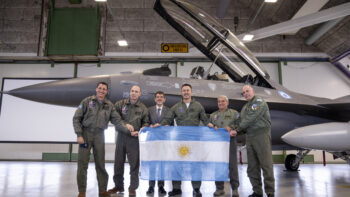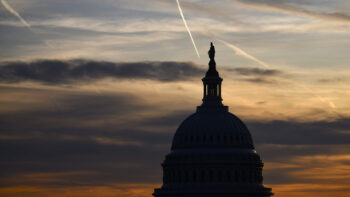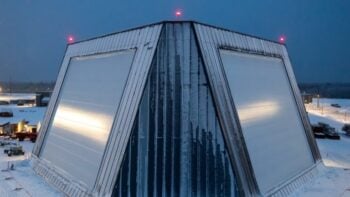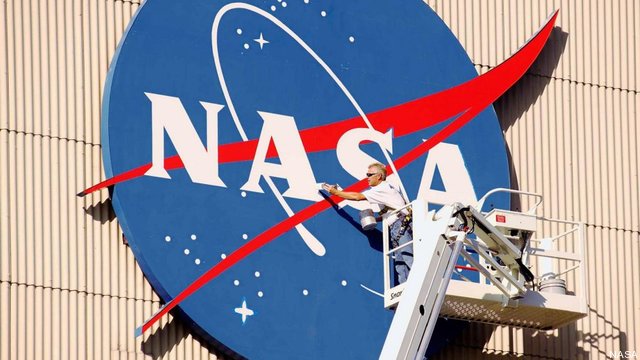
WASHINGTON: For those who aren’t part of the insular space community, you need to know that the National Space Symposium is the most important conference on space issues in the world. Everyone goes: the intelligence community; the Air Force; Army; Navy; industry; allies; even senior Chinese officials show up fairly regularly these days. Some 9,000 people attend in a good year.
But this year no one from NASA — that’s right, those people who gave us the Moon landings, Mars Rover, Voyager and are sort of synonymous with space — will attend NSS at the Broadmoor Hotel in Colorado Springs next month.
Here is the remarkably prickly and hurt message out out by the Space Foundation, organizer of NSS, when it learned of NASA’s decision:
“On March 13, NASA announced its intent to withdraw from the global space community by not participating in the 29th National Space Symposium. This marks the first time in 29 years that NASA has so isolated itself.
In a letter to NASA Administrator Charles Bolden, Space Foundation CEO Elliot Pulham wrote, “While we all appreciate the extreme pressures that NASA and other federal agencies are operating under at the moment, we were shocked with disbelief to find the 29th National Space Symposium named specifically as not meeting your new criteria for agency participation in conferences. The Space Symposium is the largest annual gathering of the global space community anywhere in the world, and meets your criteria more strongly than any other event. If the Space Symposium does not meet your criteria, then neither does any other conference in the world.”
“Further,” Pulham wrote to Bolden, ‘The Space Foundation builds more value into the Space Symposium than any other event in the world. NASA should be holding us up as the standard toward which all other conference organizers should aspire. The Space Foundation, which was not consulted by NASA on this decision, is protesting this decision in the strongest possible terms.”
That protest isn’t likely to make much difference, as this email to employees from NASA Administrator Charles Bolden makes clear:
“Program managers, project managers, and contracting officers should apply this guidance to all NASA direct-funded contractor travel.
“You should know that Deputy Administrator Lori Garver and I have already begun to adjust our activities in line with these guidelines. We have both canceled travel and participation in the April National Space Symposium in Colorado and I have also canceled a planned overseas trip,” Bodlen write after receiving new guidance from the Office of Management and Budget (OMB) last Wednesday. “NASA will continue to review the guidance as our budgetary situation evolves, but expectations are that this guidance will need to remain in place for the rest of the fiscal year, if not beyond.”
One big difference between NASA and the Defense Department as they face sequestration: NASA does not plan to furlough anyone and they are still hiring for jobs already funded.
Air Force officials have said they are curtailing their appearances at conferences, as have the other services. I contacted the Space Foundation, who run the conference, to see who had canceled and how things compare to previous years. The answer was carefully crafted.
“We have had some cancellations (Bolden, Garver, [Lt. Gen. Susan] Helms [head of the 14th Air Force at Vanderberg Air Force Base], to name a few), but we’ve been finding plenty of creative ways to fill those gaps. And, we still have Shelton, (Gen. Bob) Kehler (head of Strategic Command in Omaha) Hyten (vice commander at Air Force Space Command) and Nield, to name a few, strong government speakers,” the foundation’s Janet Stevens said in an email. She pointed to the attendance of Reps. Dutch Ruppersberger, ranking member of the House Permanent Select Committee on Intelligence, and Patrick Meehan, chairman of the Homeland Security cybersecurity, infrastructure protection and security technologies subcommittee are speaking at the cyber event, which precedes the space conference.
One of the most telling bits of information she shared is this: “Ironically, participation by other space agencies from around the world is at a record high. Participation by international and commercial companies continues to increase,” she wrote.
On a purely business level, she also said things ain’t too bad. Registrations “are running only slightly behind last year” at the crucial cut off of early bird signups.
Air Force picks Anduril, General Atomics for next round of CCA work
The two vendors emerged successful from an original pool of five and are expected to carry their drone designs through a prototyping phase that will build and test aircraft.



